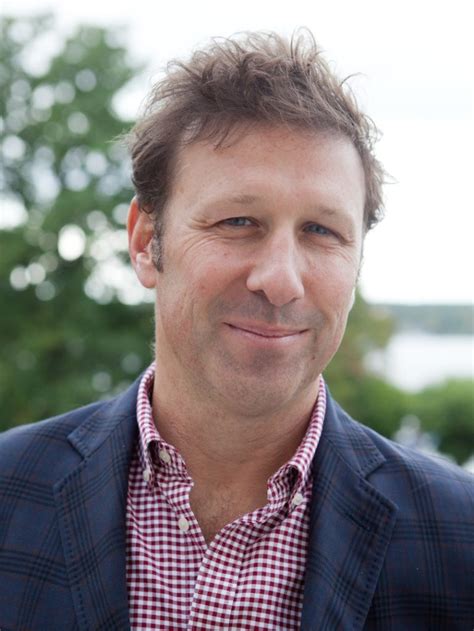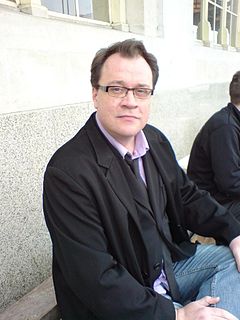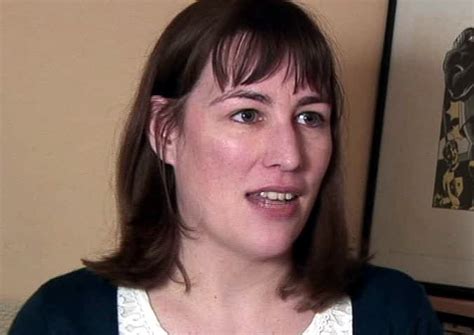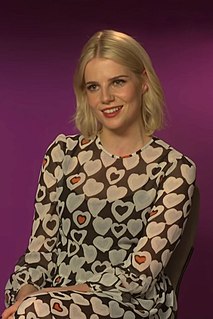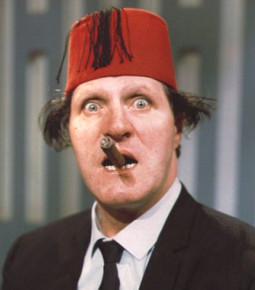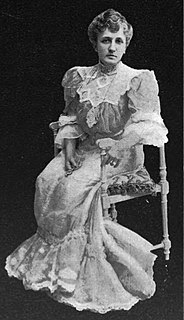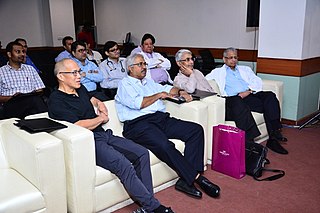A Quote by Adam Ross
I'll never forget reading Chekhov's "A Doctor's Visit" on a train to Hawthorne, New York, and I got to the end - the scene where the patient says goodbye to the doctor and she puts a flower in her hair as a kind of thank you to him - and I felt like a cowboy shot from a canyon's top. This is a different experience from reading a novel, I think. The emotional effect is cumulative. Let's just hope market forces don't send short fiction the way of the dinosaur, because their sales are paltry compared to the novel and this is truly unfortunate.
Quote Topics
Because
Canyon
Chekhov
Compared
Cowboy
Cumulative
Different
Dinosaur
Doctor
Effect
Emotional
End
Experience
Felt
Fiction
Flower
Forces
Forget
Goodbye
Got
Hair
Hawthorne
Her
Him
Hope
Just
Kind
Like
Market
Market Forces
Never
Never Forget
New
New York
Novel
Patient
Puts
Reading
Sales
Says
Scene
Send
She
Short
Shot
Thank
Thank You
Think
Top
Train
Truly
Unfortunate
Visit
Way
York
Related Quotes
I love short stories - reading and writing them. The best short stories distill all the potency of a novel into a small but heady draught. They are perfect reading material for the bus or train or for a lunchtime break. Everything extraneous has been strained off by the author. The best short stories pack the heft of any novel, yet resonate like poetry.
In the end I sort of though we created a companion who was so alive and dynamic and so wedded to the doctor that you’d need a whole universe to contain her in. The only way to get rid of her is to send her into a parallel world from which she can never return; otherwise she would stay with the doctor forever.
I have a musician friend who, after reading Mountains, told me, "When I read the book, I wanted to quit music altogether and become a doctor." I told him, "Do you really think you can be a better doctor than you are a musician? Nobody needs you as a lousy doctor. Just be the one-of-a-kind, brilliant musician you are, and divert your success somehow to benefit the poor." You can achieve so much more this way.
Man, Wren. I’m impressed. No woman ever sent flowers to thank me. (Serre) Don’t be that impressed. I’m thinking she didn’t send flowers to thank him. One flower says thank you. This many says she thought he was dead. Or that she killed him. Hmm...I’m thinking, put a tiger in her tank and that didn’t quit rev her up. What she needs is to go hunting for bear. (Dev)
Husband and I are preparing ourselves for the new Doctor by watching - well, mainly rewatching - Mr. Capaldi’s back catalogue, we’ve just finished The Crow Road in which he is utterly drop-dead gorgeous and actually I’d better stop there as husband is probably reading this so just let me point out that of course I’m only excited about upcoming Doctor Who because of the stories and it’s definitely not because I fancy the new Doctor.
I've always loved short stories. Even before I was a writer I was reading short stories - there were certain writers where I just felt like they could do in a short story what so many writers needed a whole novel to do, and that was really inspiring to me. Alice Munro, I felt that way about from an early time. Grace Paley.
In reading a novel, any novel, we have to know perfectly well that the whole thing is nonsense, and then, while reading, believe every word of it. Finally, when we're done with it, we may find - if it's a good novel - that we're a bit different from what we were before we read it, that we have changed a little... But it's very hard to say just what we learned, how we were changed.
Do you think that was kind? Do you think it was godlike? What would you think of a physician, if a woman came to him distressed and said, "Doctor, come to my daughter, she is very ill. She has lost her reason, and she is all I have!" What would you think of the doctor who would not reply at all at first, and then, when she fell at his feet and worshiped him, answered that he did not spend his time doctoring dogs? Would you like him as a family physician?
The problem with my mother is that she didn't go to the doctor. And I think by the time she started to show symptoms that something might not be right, and finally went to the doctor, she was so close to her death that she couldn't get the care she had needed. Her big issue was not going to the doctor.
